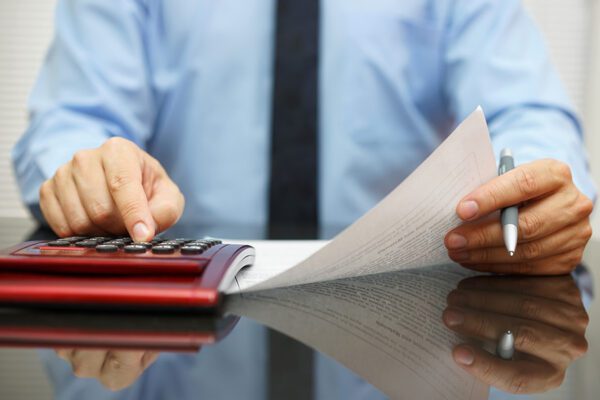Ensuring the safety of a building and its occupants is a top priority for property managers and business owners. One of the critical components of this safety is the fire alarm system. In an emergency, a fully functional fire alarm system can be the difference between life and death. However, simply installing these systems is not enough; regular maintenance and testing are essential to ensure they operate correctly when needed most.
According to the National Fire Protection Association (NFPA) 72’s National Fire Alarm and Signaling Code, fire alarm systems must be inspected, tested, and maintained regularly. While NFPA 72 does not specifically require a third-party, it does mandate that testing must be conducted by a qualified and authorized person or company. To ensure objectivity, many organizations, including ours, recommend using a third-party professional. This ensures the system’s components are functioning correctly and in compliance with fire safety regulations.
Why Annual Testing Is Crucial
No one wants to be caught in a situation where the building is on fire and the alarms fail to go off. Fire alarms consist of many components, including detectors, control panels, and notification devices, each of which needs to work together seamlessly in an emergency. Over time, dust, debris, and even wear and tear can impair their functionality.
Regular annual testing ensures:
- Detection Reliability: Sensors, detectors, and other monitoring systems (such as CO2 or specialized environmental detectors) may degrade or become blocked over time, reducing their effectiveness.
- Early Warning: Properly functioning alarms provide critical early warning, giving people more time to evacuate.
- Compliance: NFPA 72 sets clear guidelines, and compliance with these codes can protect property owners from liability.
- Insurance Requirements: Many insurance companies require proof of regular fire alarm testing for coverage purposes.
Additionally, while monitoring companies may be responsible for alerting emergency services in case of alarm activation, it is ultimately the property owner’s responsibility to ensure the alarm system functions properly and meets all legal and insurance obligations.
What Happens During Annual Testing?
A qualified and authorized third-party certified professional will typically:
- Inspect all components of the fire alarm system, ensuring they are free of damage or obstruction.
- Test the functionality of the entire system, from individual detectors to the main control panel.
- Verify system signals are correctly sent to the central monitoring station, ensuring emergency services will be contacted in case of a fire.
- Document all findings and ensure any deficiencies are corrected immediately.
This testing provides peace of mind, knowing that when the unexpected occurs, the fire alarm system will work as intended, offering early warnings and potentially saving lives.
Final Thoughts
Maintaining a working fire alarm system is not just a matter of safety; it’s a legal and insurance requirement. Ensuring your building’s fire alarms are tested annually by a qualified and objective professional, as outlined by NFPA 72, helps prevent potential disasters and ensures compliance with fire safety regulations. Don’t wait until it’s too late – schedule your annual fire alarm system test today.
Additionally, consider testing other critical monitoring systems, such as fire suppression, CO2, or other specialized sensors, as part of your safety protocol. For more detailed requirements and guidelines, refer to the NFPA 72 standards to ensure your fire alarm system is always up to code.
Material posted on this website is for informational purposes only and does not constitute a legal opinion or medical advice. Contact your legal representative or medical professional for information specific to your legal or medical needs.




